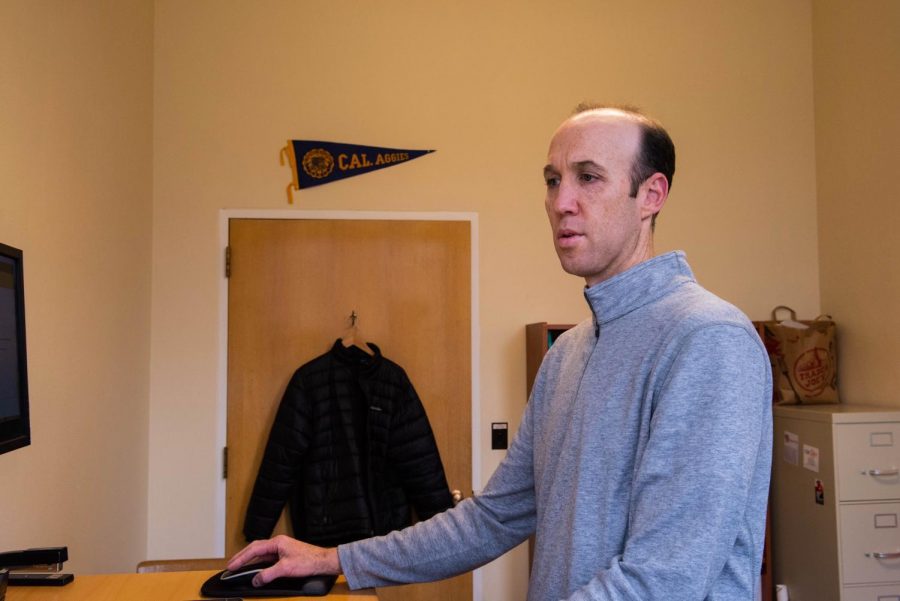Hundreds of OSU students remain unvaccinated for measles, despite Washington outbreak
February 13, 2019
A recent measles outbreak in Vancouver, Wash. presents a potential threat to the 297 Oregon State University students with Measles, Mumps and Rubella vaccine waivers, as well as the broader Corvallis community.
Measles is a contagious virus that spreads through infected persons coughing or sneezing in the presence of uninfected people. Although OSU screens accepted students to ensure they have had the combination Measles, Mumps, Rubella vaccine, which has an effectiveness rate of 93 percent for one dose and 97 percent for two doses according to the Center for Disease Control and Prevention, there are hundreds of current students with medical or non-medical exemptions from the immunization. If a campus-wide outbreak were to occur, Student Health Services has protocol guidelines set in place to deal with the potential threat.
With at least 54 reported cases in Washington and 4 in Oregon as of Feb. 13, according to the Washington State Department of Health and the Oregon Health Authority Respectively, Corvallis could be at risk.
Associate Professor of Epidemiology Jeff Bethel said although it is difficult to speak definitively, college campuses can be at risk for the spread of measles if they are lacking a strictly-enforced prematriculation vaccination requirement.
“College campuses are at risk for the spread of measles, particularly if they don’t have a prematriculation immunization requirement, or they have one that isn’t enforced, or if they have one in which many students receive exemptions,” Bethel said.
The American College of Health Association recommends that all colleges have a pre-matriculation immunization requirement for Measles Mumps Rubella. This means that colleges are asked to screen their students for the disease before accepting enrollment.
According to Jeffrey Mull, medical director for Student Health Services at OSU, 297 students are currently enrolled for winter term 2019 who have signed waivers for the Measles Mumps Rubella Vaccine.
Mull said OSU has two types of exemptions. A medical exemption is for people who have had severe allergic reactions to the vaccine in the past, or have immune system deficiencies that put them at risk for contracting the disease through the vaccine. A non-medical exemption is for those who have a system of beliefs, practices, or ethical values which prohibit the use of immunizations.
“Most of our exemptions are of this (the non-medical) type,” Mull said via email.
In a post on the Student Health Services website, Mull stated due to the large number of students from the area of outbreak occurrence, SHS is closely monitoring the situation and watching for on-campus cases.
The university will be handling any potential cases of measles with extra precautions, should they arise.
“Since measles is so contagious, we have protocols for preventing the spread within our facility including having someone with suspected measles that is in the building wear a mask, and bringing someone who calls first with suspicious symptoms into the building in a way that doesn’t expose other students,” Mull said via email. “We have an exam room that uses a HEPA filter to make sure the virus is removed from the air as quickly as possible.”
With a number of students on campus from the area of outbreak, and 297 students walking campus with no immunization for the disease, measles may be a risk to unvaccinated OSU and Corvallis residents, faculty and staff.
“Any community is at risk,” Bethel said. “It all comes down to immunizations, it’s a very effective vaccine. So, college campuses or not, if you have low immunization rates, then you’re definitely at risk for measles. It is highly contagious and potentially serious and life threatening.”
























































































































